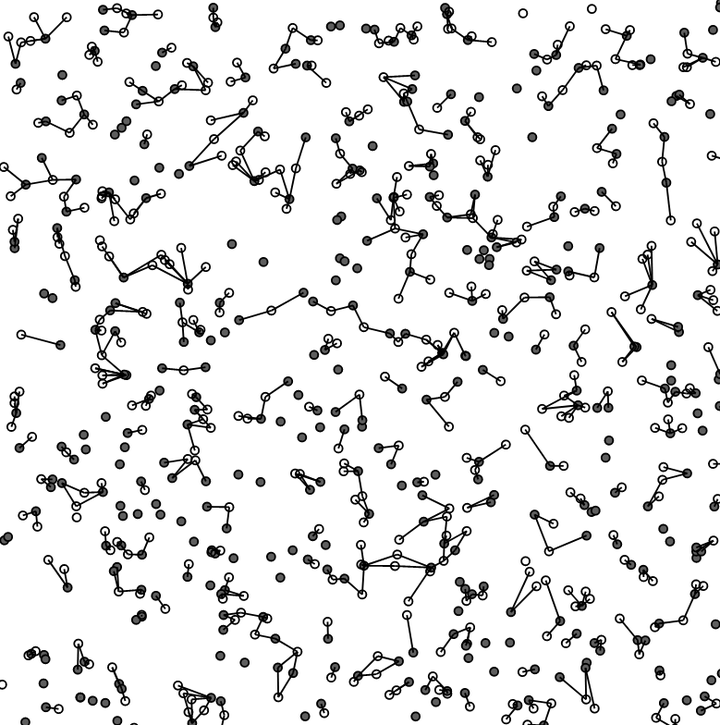
Abstract
We study large deviation principles for a model of wireless networks consisting of Poisson point processes of transmitters and receivers. To each transmitter we associate a family of connectable receivers whose signal-to-interference-and-noise ratio is larger than a certain connectivity threshold. First, we show a large deviation principle for the empirical measure of connectable receivers associated with transmitters in large boxes. Second, making use of the observation that the receivers connectable to the origin form a Cox point process, we derive a large deviation principle for the rescaled process of these receivers as the connection threshold tends to 0. Finally, we show how these results can be used to develop importance sampling algorithms that substantially reduce the variance for the estimation of probabilities of certain rare events such as users being unable to connect.